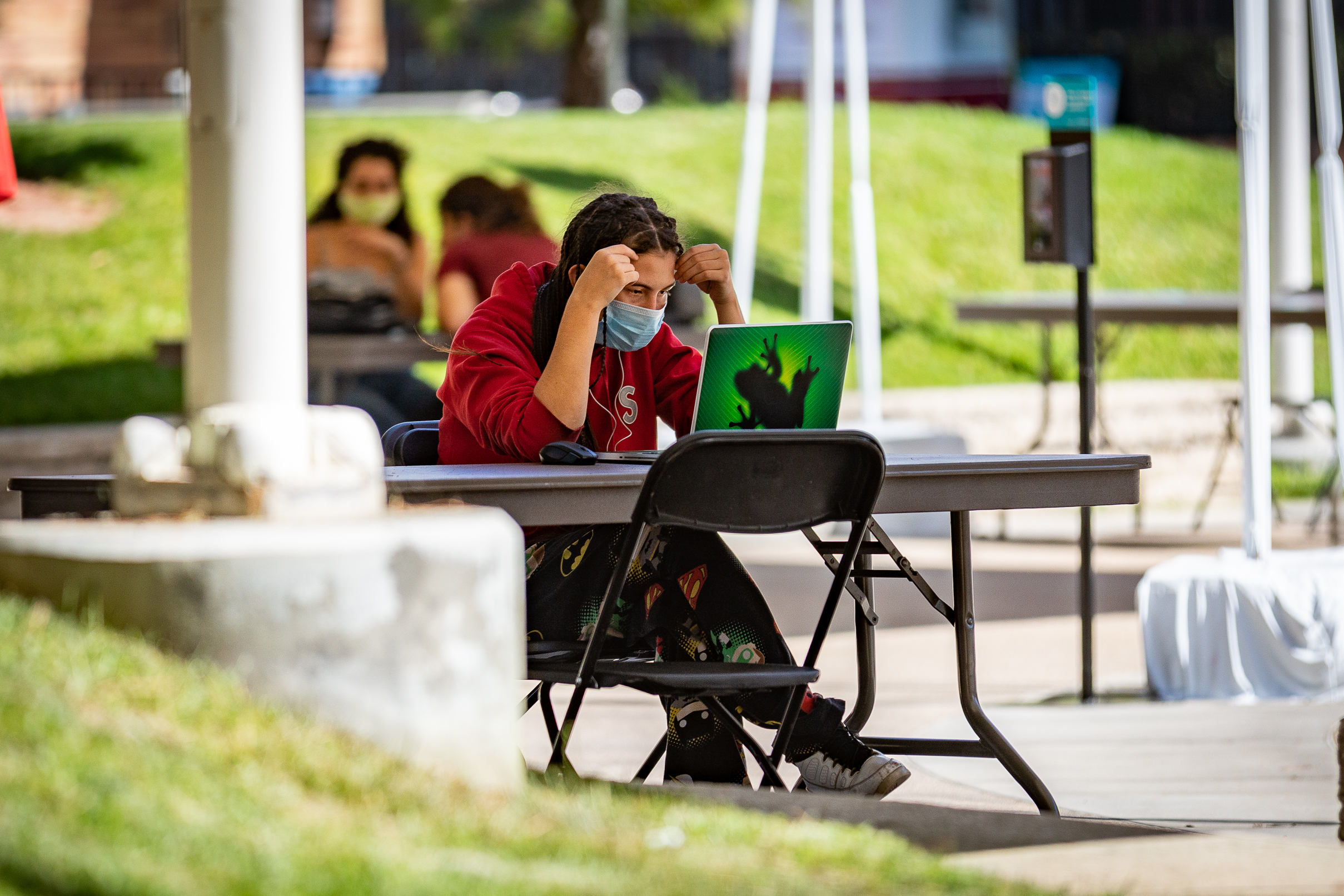California’s Select Committee on Happiness and Public Policy Outcomes recently published its 2023–24 Legislative Session final report, underscoring alarming trends in California’s youth—namely, a significant decline in happiness levels and what at least one expert calls a “youth crisis.”
The recently formed committee said it’s the first in the United States focused exclusively on happiness.
The report underscored the nexus between economic opportunity, social connection, trust in government, and general happiness, while suggesting state lawmakers make a concerted effort to incorporate happiness into their governance efforts.
Despair on the Rise
In line with that of the rest of the nation, California’s young adults are seeing a steep drop in their happiness.
In September 2023, the Public Policy Institute of California (PPIC) found that 30 percent of 18–34 year olds were “not too happy.” That’s up from only 10 percent in the organization’s 1998 survey. Furthermore, data show that despair has risen dramatically in young adults, especially since 2009.
“This is about the midlife crisis being replaced by a youth crisis,” said David Blanchflower, professor of economics at Dartmouth University, in the report.
The data have “serious and concerning implications” for young people in California, not only now, but as they grow older, said the committee.
“Research shows that happy children have greater life satisfaction, social relationships, and general well-being as adults,” it said in the report.
The report concludes: “Dramatic reductions in happiness levels could have long-term repercussions.”
Unhappiness Increasing
The committee reviewed data from the General Social Survey, which has been conducted by researchers at the University of Chicago every year since 1972, as well as other surveys. Their data show falling happiness levels throughout the state.
The PPIC also asked Californians about the level of their happiness for the first time back in 1998. They asked the same question again in 2023.
In 1998, 28 percent identified with being “very happy,” but by September 2023 that number had declined to just 16 percent.
Additionally, 13 percent identified with being “not too happy” in 1998. By 2023, that number had increased to 26 percent.
Happiness and Poverty
The committee’s multifaceted study focused on numerous factors, including income levels. Towards this end, the report relied on several academic studies on the relationship between money and happiness.
“While the relative importance of higher income may still be under debate, poverty’s close connection with unhappiness and other wellbeing problems is much clearer,” according to the committee’s report.
The committee ultimately concluded that studies suggest a connection between unhappiness and poverty.
“The research is very clear that overall poverty is a major source of dissatisfaction, and that’s one of the key points I need to stress today,” said Professor Ted Lascher of California State University–Sacramento in comments to the select committee. “It’s not just in the ways we first might think. It’s access to good food and being able to get health care, and things of that sort. But a lot of it is even psychological.”
Social Connection Is Key to Happiness
Throughout its three hearings this year, the committee heard about the importance of social connection as a clear factor in nurturing happiness.
“While genes and irreversible life history shed some light on why one person’s default happiness is different from another’s, external circumstances, barring extreme disadvantage, also explain a bit of this variance,” Emiliana Simon-Thomas, science director at the Greater Good Science Center at the University of California–Berkeley, told the committee.
Rev. Rajeev Rambob, minister of the United Church of Christ, told the committee about his experiences while spending time with church members and their families before death. He said the main thing people talk to him about is the connections they made in their lives.
“People always express gratitude for the things that brought them happiness, and here’s what those sentiments boil down to: community, family, a friend circle, a service club, a house of faith, one or two real friends, friends who know all your stuff and are still your friends, sharing laughter, time spent together doing nothing,” Rambob said.
Committee Recommends Fostering Trust
The committee found that in addition to social connection, trust is an important component of happiness, including connection and trust in the state government.
The select committee recommended lawmakers “strongly prioritize and consider ways to foster greater trust among Californians, and between Californians and the state government.”
“Social connection” and “perception of corruption” represent two out of six metrics on the international World Happiness Report, a publication created by a partnership between groups such as polling company Gallup, the Oxford University Wellbeing Research Centre, and the United Nations Sustainable Development Solutions Network, noted the committee.
Public trust in the United States, however, is near a historic low, said the committee. Most U.S. citizens simply do not trust their government. They also spend less time socializing than they did in the past and more time alone. In addition, this decline is more prominent in young Americans.
“This state of collapse in both personal and institutional trust is deeply concerning, and should be a top priority of the State of California’s Legislature and Institutions,” the committee concluded.














